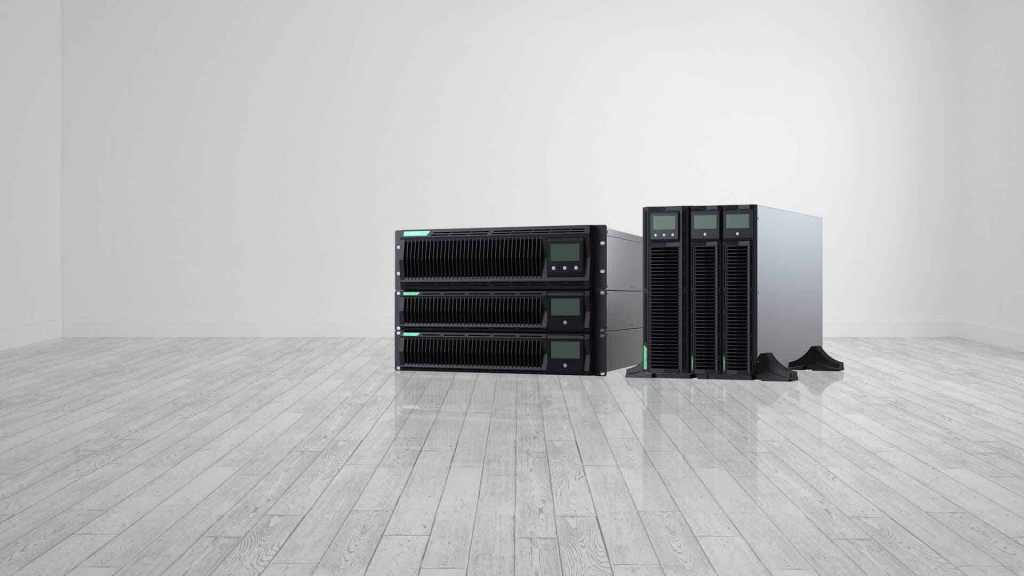What is container energy storage system?
With the introduction and promotion of modular concept, containers, as a good carrier, have become an important component in modular construction due to their high reliability, convenience, low power consumption, and complete monitoring. Various types of container energy storage, container data centers, container generators, and other new buildings have emerged, rapidly promoting the development of modular construction.
Container energy storage systems can collect energy storage container’s information such as energy storage PCS inverters, battery pack BMS, distribution cabinet information, air conditioning access, etc., and display the collected data on the interface. It can collect power information from the energy source and the load side (wind, solar, grid as the source; load as the load). It can also execute grid scheduling and cloud server adjustment commands. It optimizes the charging and discharging behavior of energy storage inside the container and extends battery life. Depending on different application scenarios of the storage container, different energy storage strategies for the user side and power generation side can be selected.
How does a container energy storage battery catch fire?
The working environment of a container energy storage system is relatively enclosed, with limited heat dissipation conditions. During the charging and discharging process, lithium-ion batteries tend to accumulate heat, especially under extreme operating conditions(such as overcharging, short circuit, overheating, etc.). The accumulation of heat can cause a rapid rise in battery temperature and thermal runaway, resulting in lithium-ion battery fire accidents. In recent years, lithium-ion battery energy storage station fires have occurred frequently both domestically and internationally.
Battery energy storage container systems are usually composed of a large number of battery modules connected in series and parallel. The combustion characteristics, fire spread development, and fire burning rules of container energy storage systems are more complex and different from individual batteries or battery modules. In order to improve the overall safety of battery energy storage containers systems and prevent chain accidents in energy storage power stations, it is necessary to carry out experimental research on the fire characteristics of container energy storage systems and understand the fire characteristics of container energy storage systems.

Energy storage batteries often use lithium-ion batteries, which have advantages in terms of cost-effectiveness and energy density compared to other batteries. However, lithium-ion batteries are prone to internal shorts and self-ignition. A battery consists of a positive and a negative electrode, and the insulation between the positive and negative electrodes is achieved by a separator, while the electrolyte plays the role of conducting lithium ions. If the separator is damaged, a short circuit between the positive and negative electrodes will occur, leading to continuous release of heat. The accumulation of heat will intensify the decomposition of all structures inside the battery, releasing more heat, and finally causing self-ignition. Self-ignition of one battery will cause heat to spread to surrounding batteries. The electrolyte itself is a flammable solvent and highly flammable. This is the reason why lithium batteries develop rapidly after catching fire. At the same time, the battery decomposition produces flammable gas (mostly carbon monoxide) and oxygen, which also intensifies the combustion.
We can start with the flammable gas generated during thermal runaway of lithium batteries. When a lithium-ion battery undergoes thermal runaway, a large amount of carbon monoxide is released internally. Therefore, we can prevent lithium-ion battery thermal runaway and fire accidents by detecting the concentration of carbon monoxide using a carbon monoxide sensor.
